Iginio Rossi, INU
In recent years, it has become increasingly important to examine and identify tools, methods and solutions to improve the efficiency of cities and territories through the network of the most sustainable forms of travel (pedestrian, walking, cycling, railways) within the more general system of mobility by working on accessibility and joint planning. The existing and/or potential relations between railway stations and the territorial contexts of reference play a primary role in strengthening that vision of active and ‘soft’ integrated mobility that is at the basis of territorial regeneration.
In this regard, the Strategies and Planning Department for Infrastructure Development of the Italian Railway Network, by means of modern location intelligence systems and with particular reference to the StationLAND platform, has developed a specific analysis that makes it possible to define the territorial vocations of railway stations: i.e. the ideal functional destination that orients the subsequent lines of development of services and infrastructures.
The territorial vocation is understood as a set of characteristics that defines the functions around the station, functions that can be reached directly on foot or through sustainable modes of transport. The RFI project identifies 9 themes, which represent the main reasons behind users’ rail journeys: Tourism; Study; Work; Health; Shopping; Major events and leisure; Ports; Airports; Residential.
In the national dimension, characterised by articulated and fragmented complexities, there is a growing commitment to a country vision in which accessibility and sustainable mobility must aim at that paradigm shift oriented towards integrated policies, with attention to territorial regeneration, more effective planning and design, and performance connections.
The meeting, addressing the themes of tourism and slow tourism, will start from an initial analysis methodology and then, through the comparison between experts and experiences in the implementation phase also belonging to the vast PNRR programme, will allow the emergence of development prospects consistent with the thematic framework considered.
PROGRAM
Conducted
Iginio Rossi, INU-URBIT
Institutional Greetings
Italian Railway Network, RFI
National Institute of Urban Planning, INU – Italian Urban Planning, URBIT
Motivations and expectations
Iginio Rossi, INU-URBIT
Stations, cities and territories
“The Territorial Vocations of Railway Stations”.
Luigi Contestabile, Italian Railway Network
“Integrated Mobility and Regeneration”
Francesco Sbetti, INU-URBIT
Territorial vocation tourism and slow tourism
“Vocation slow tourism – Atlas of gentle mobility”.
Giulio Senes, University of Milan and AMODO
“Network of UNESCO Sites”
Vito Signati, Mirabilia
“Projects of territorial rebalancing through slow tourism by train and bicycle among UNESCO sites”.
Andrea Rolando, Milan Polytechnic
“Slow car free tourism: from walking to cycling routes”.
Alessandra Bonfanti, Legambiente
University territorial vocation
“The study stations”
Stefano Fondi, Italian Railway Network
“Termini Station – La Sapienza University Cycling Project”.
Anna Donati, Roma Servizi per la Mobilità
‘‘E pur si muove!’ Cycling between the universities of Padua”
Alberto Marescotti, Municipality of Padua
“From neighbourhood cycling to the connection with cycling in the city of Milan, with particular attention to the university neighbourhoods”
Matteo Colleoni, University of Milan Bicocca
Debate
Italiano

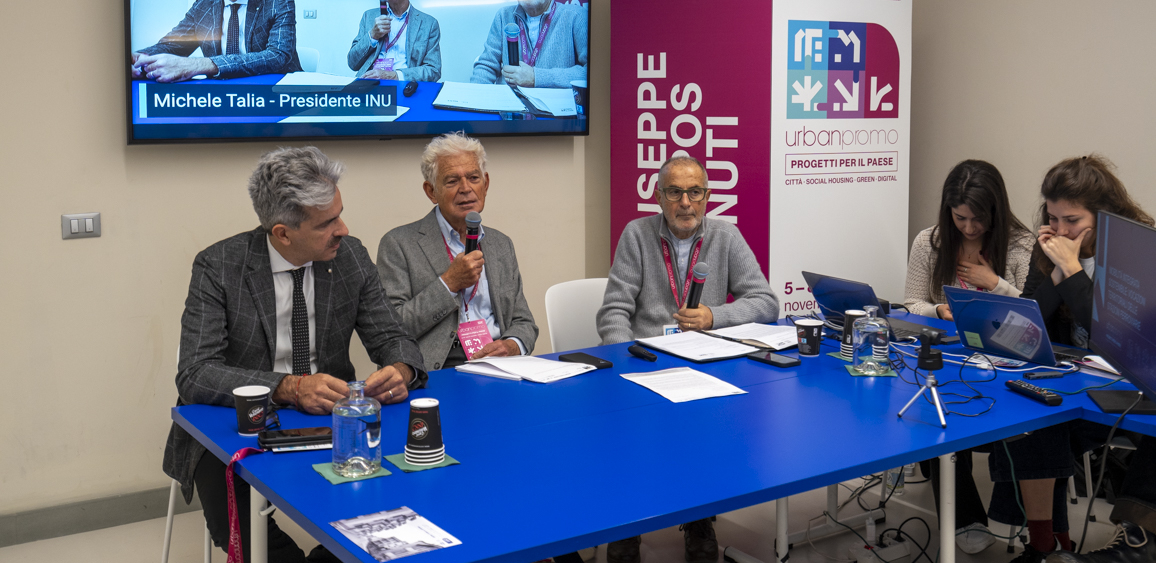
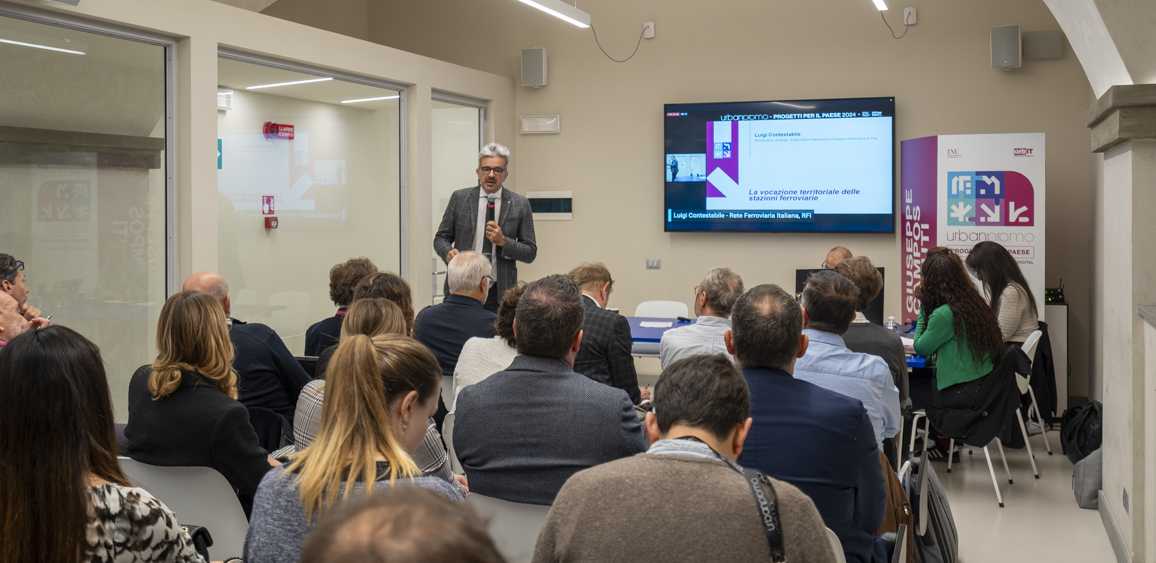
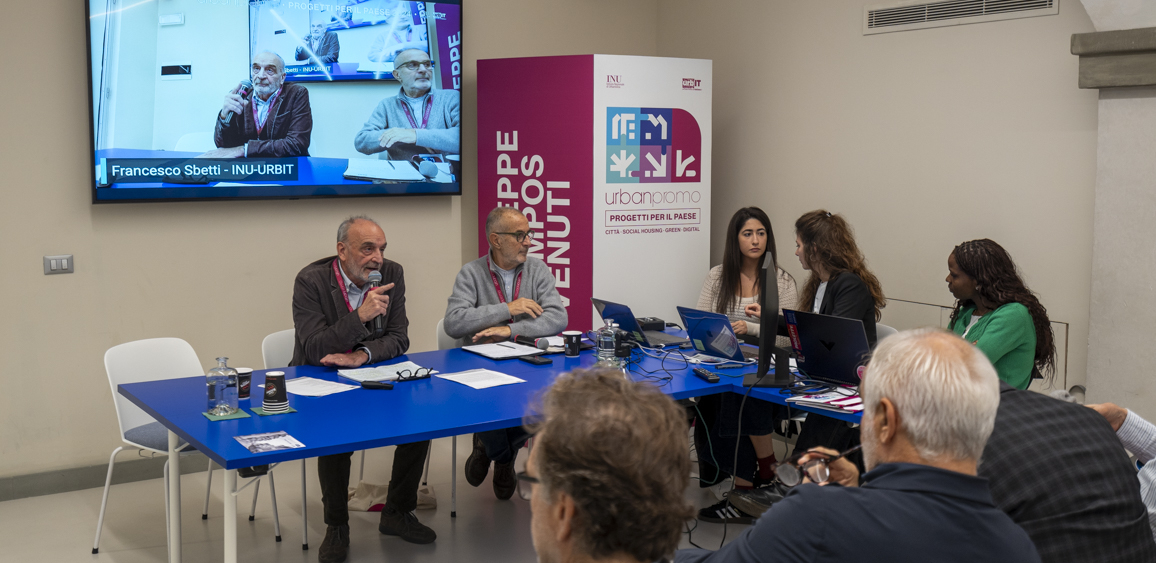
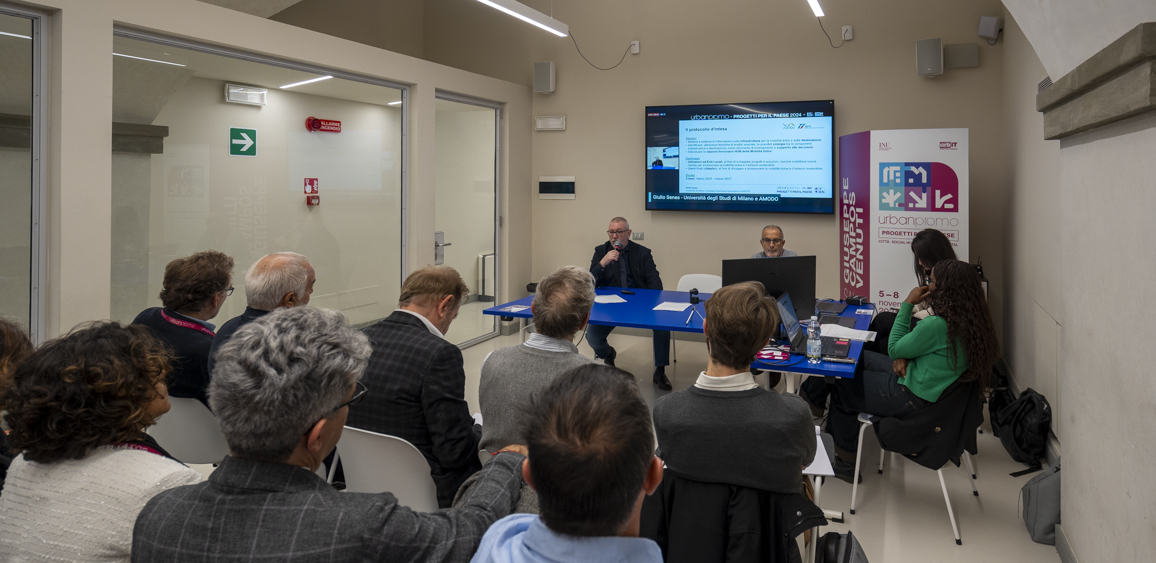

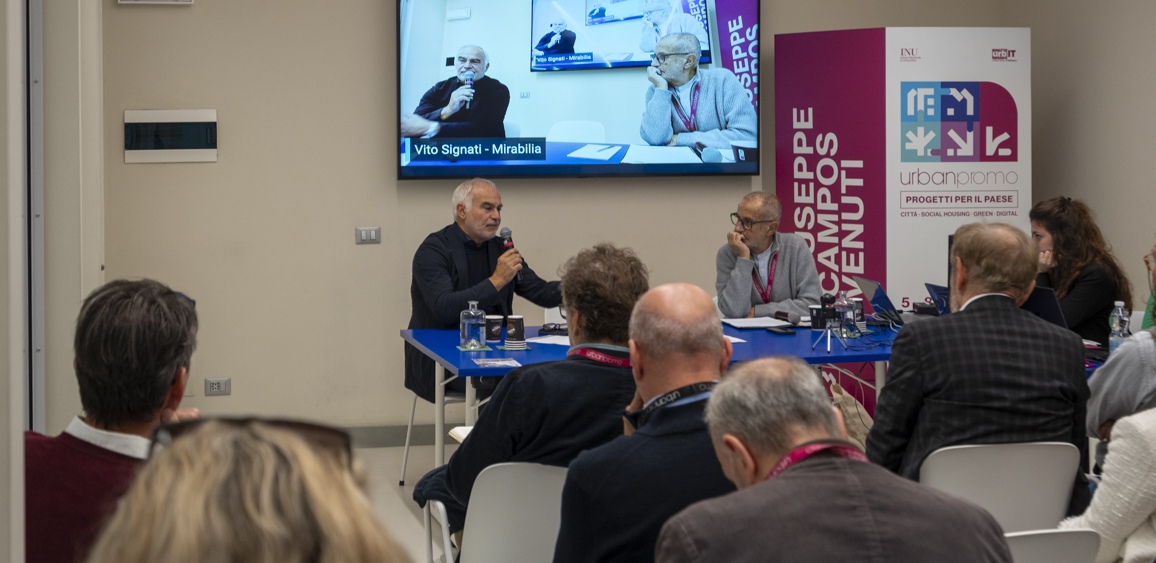


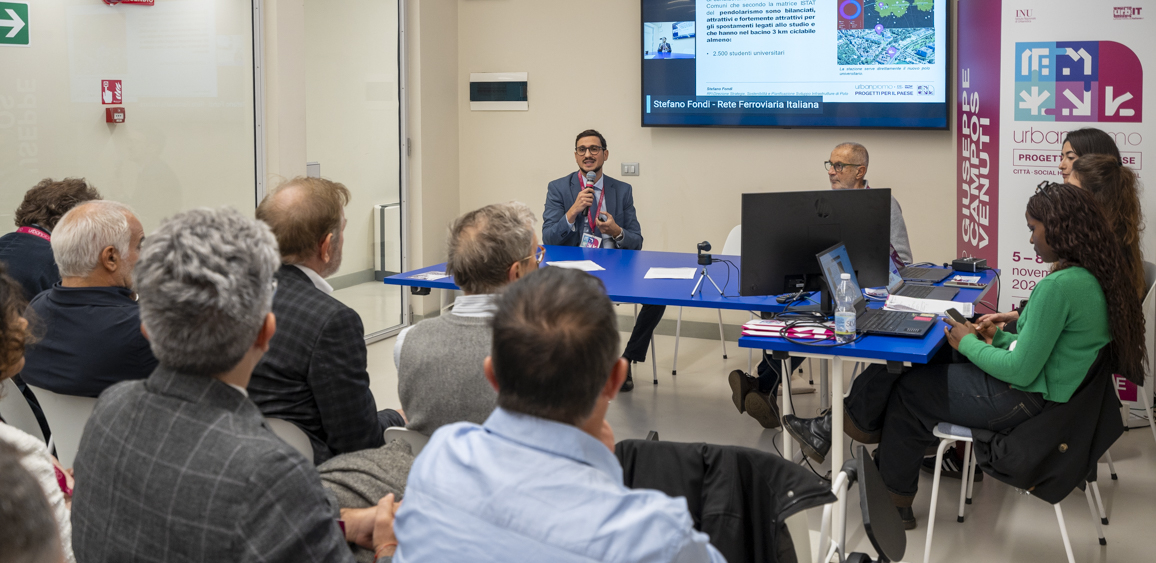

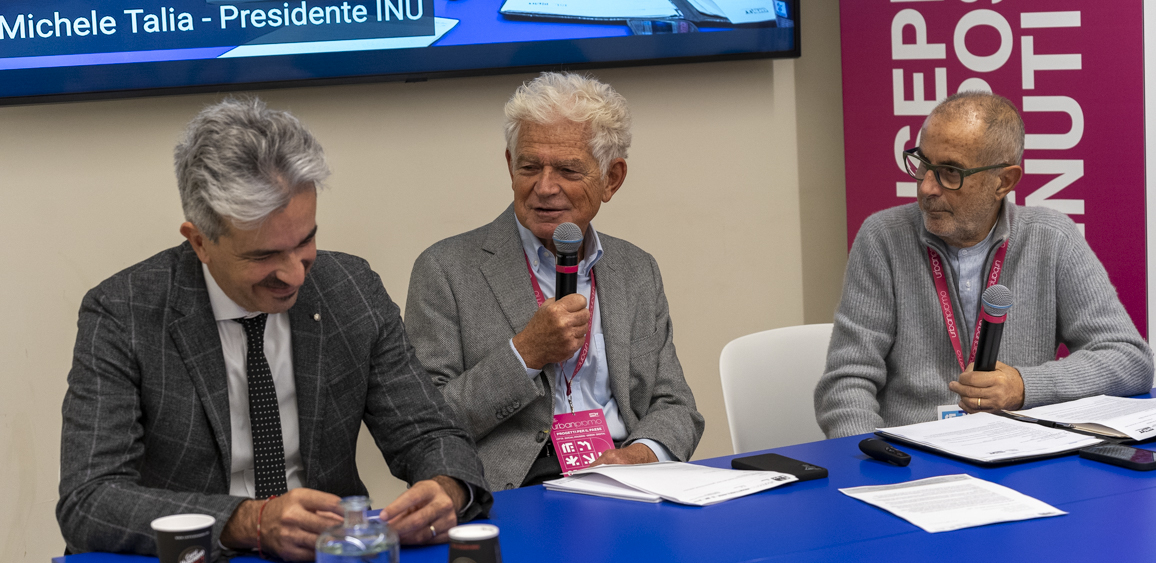
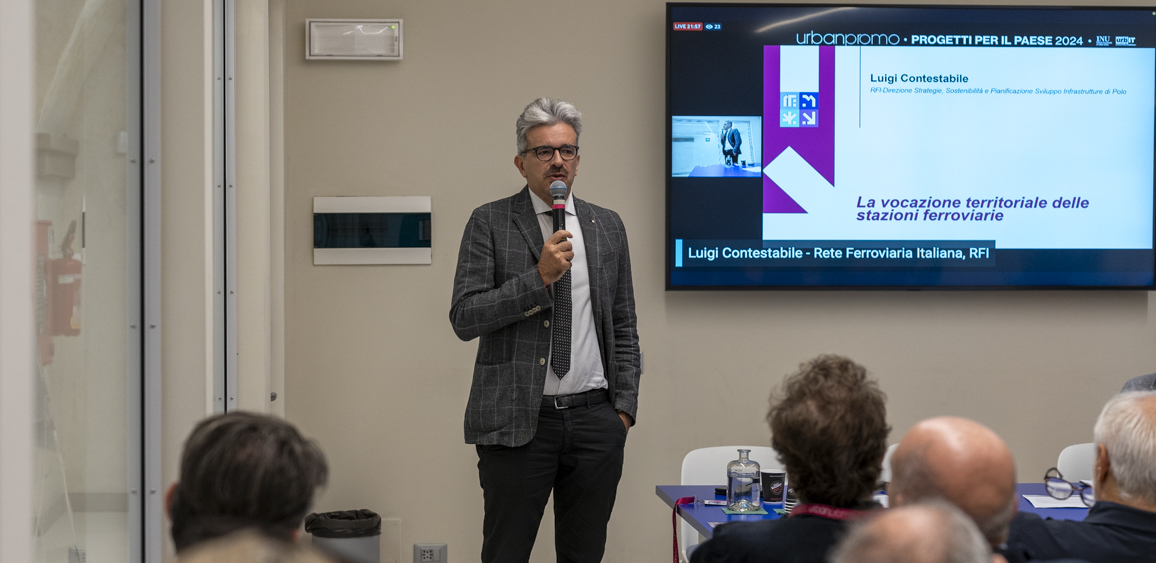
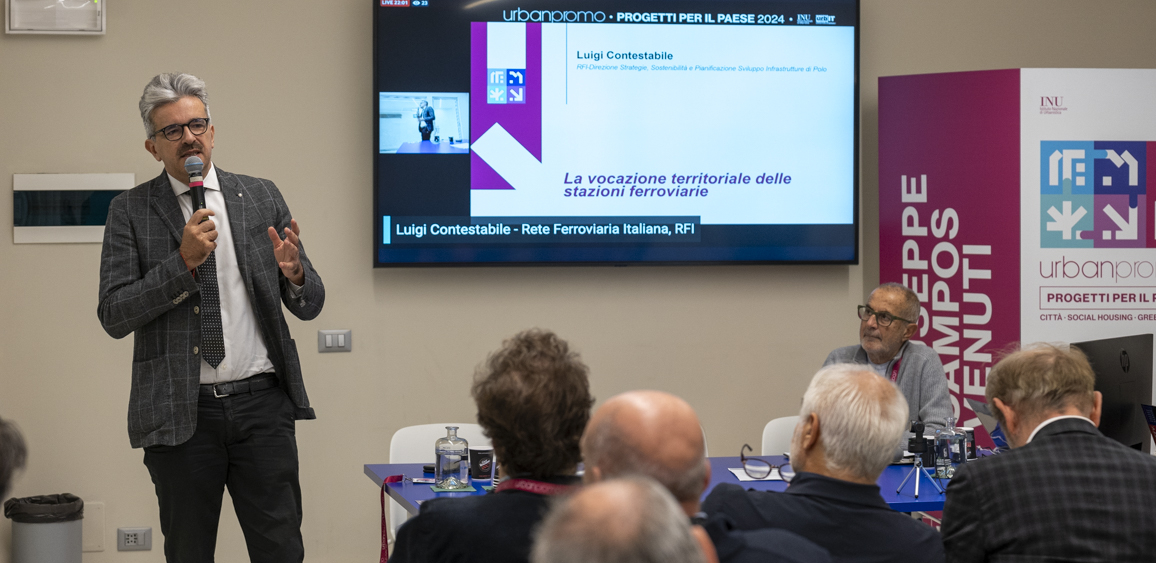
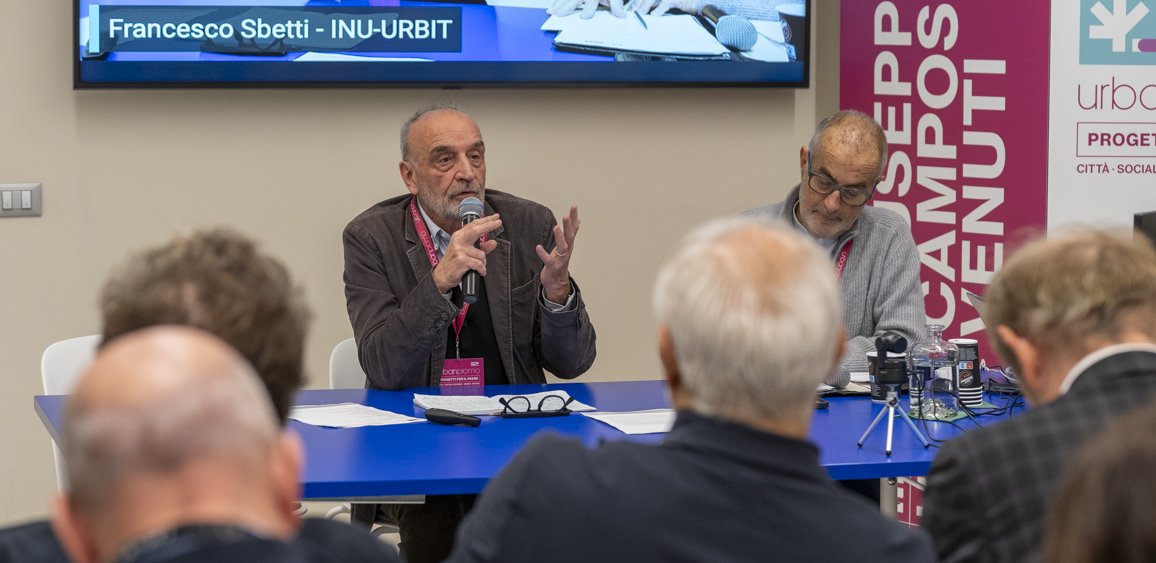
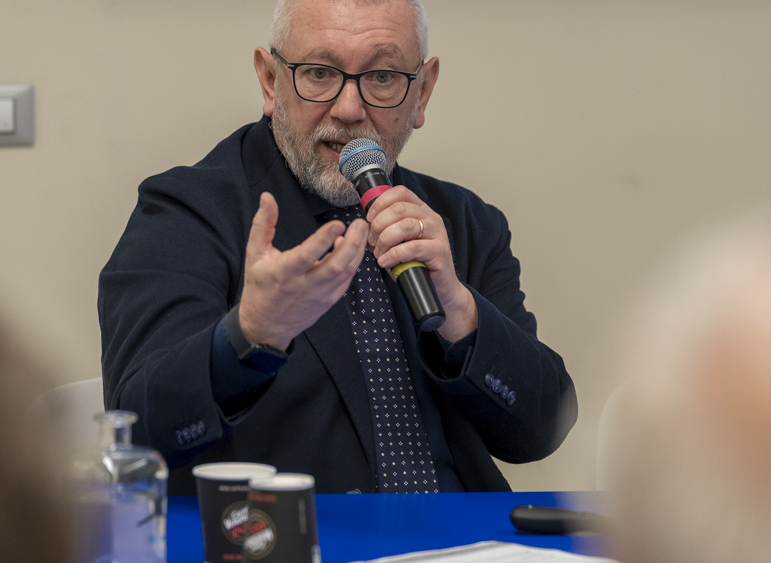
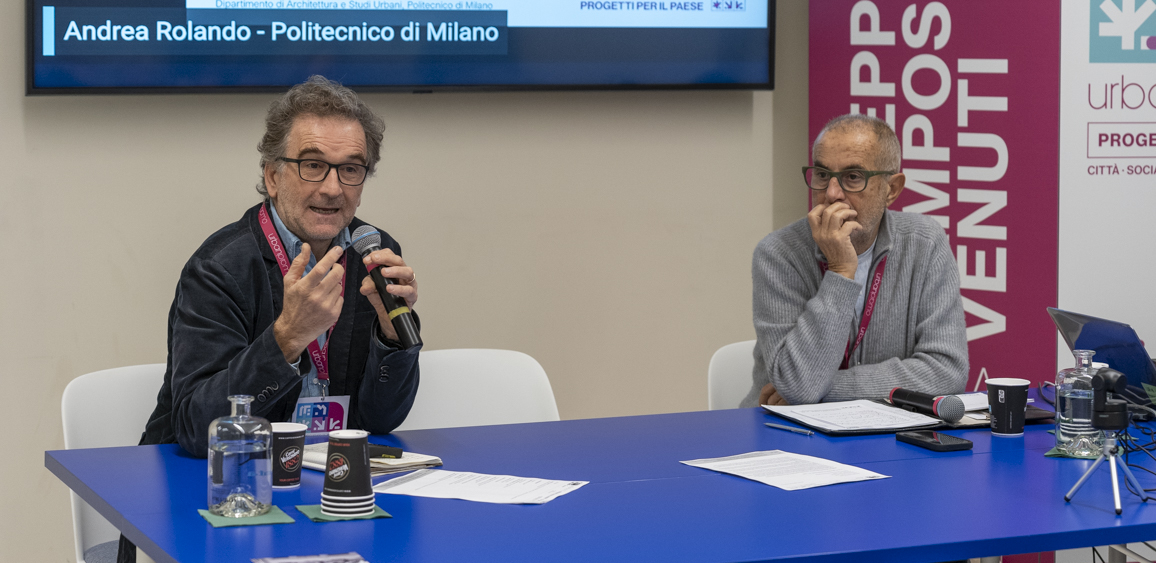

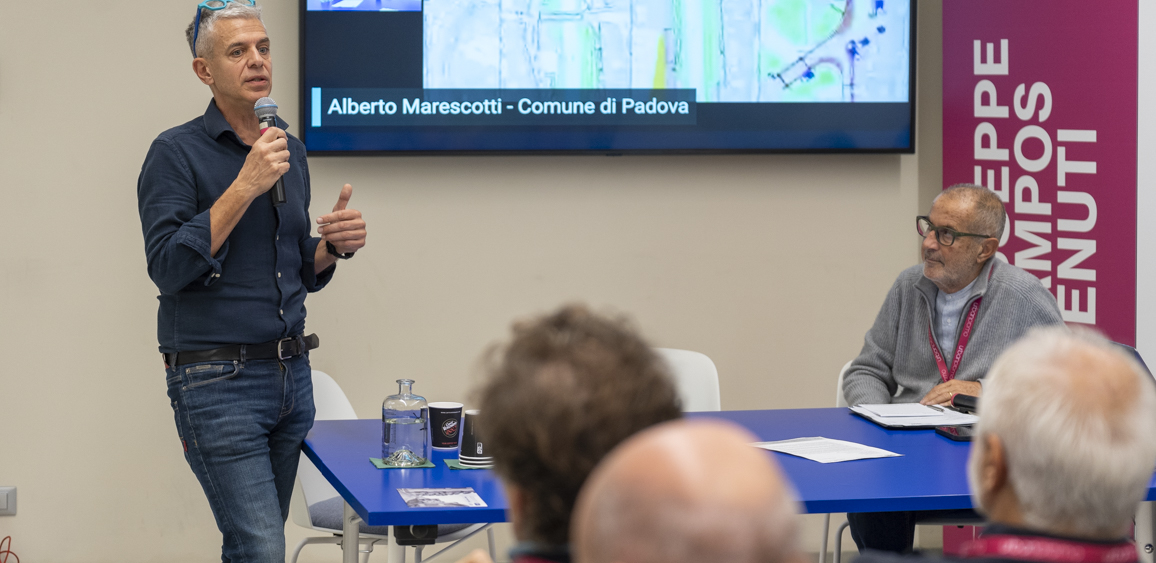
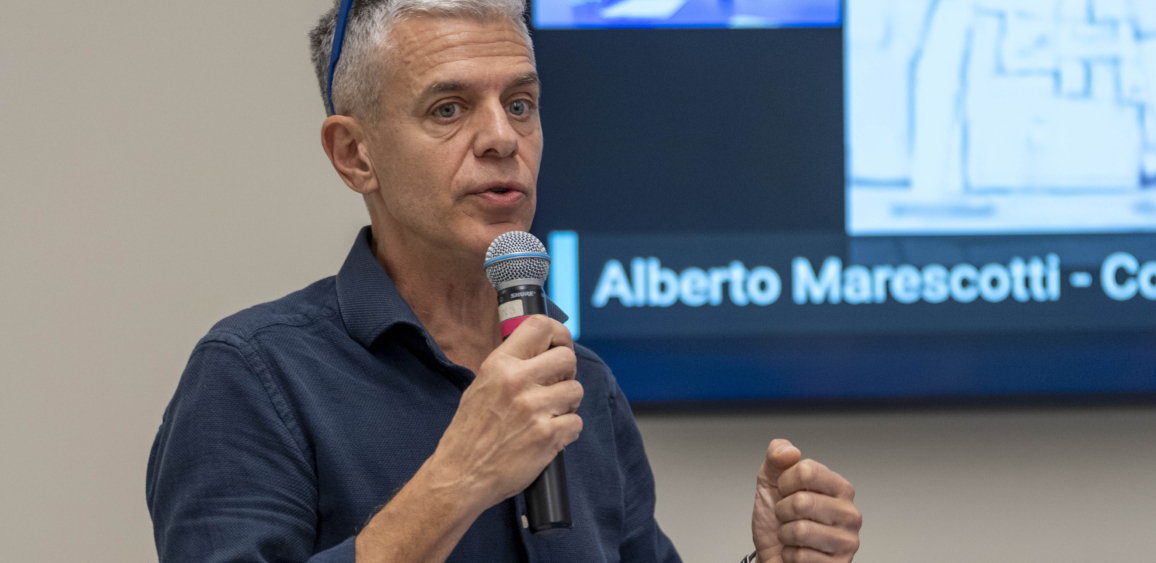
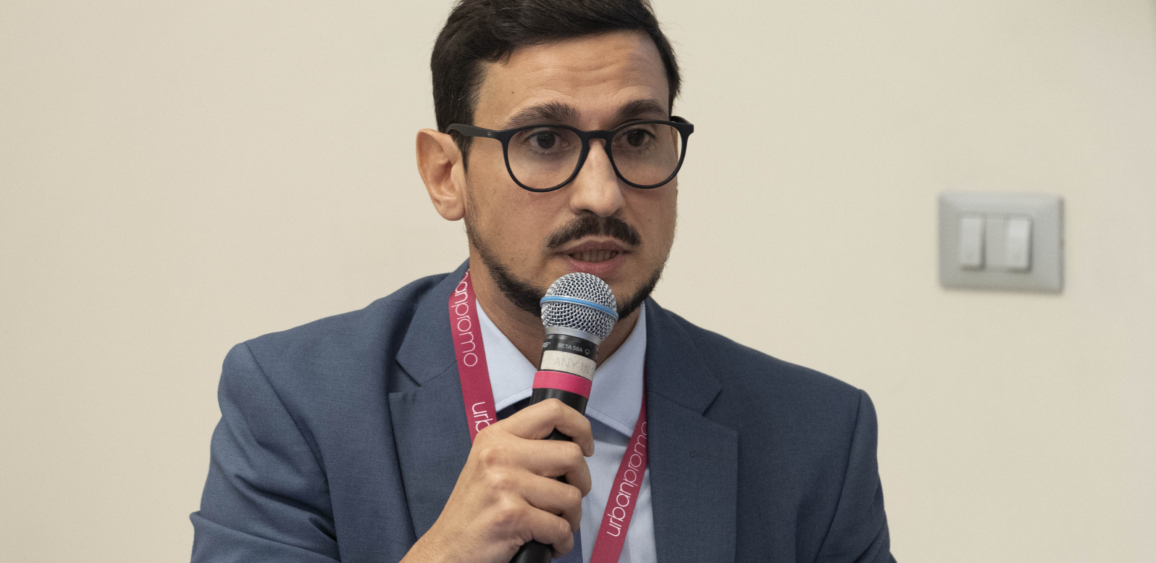
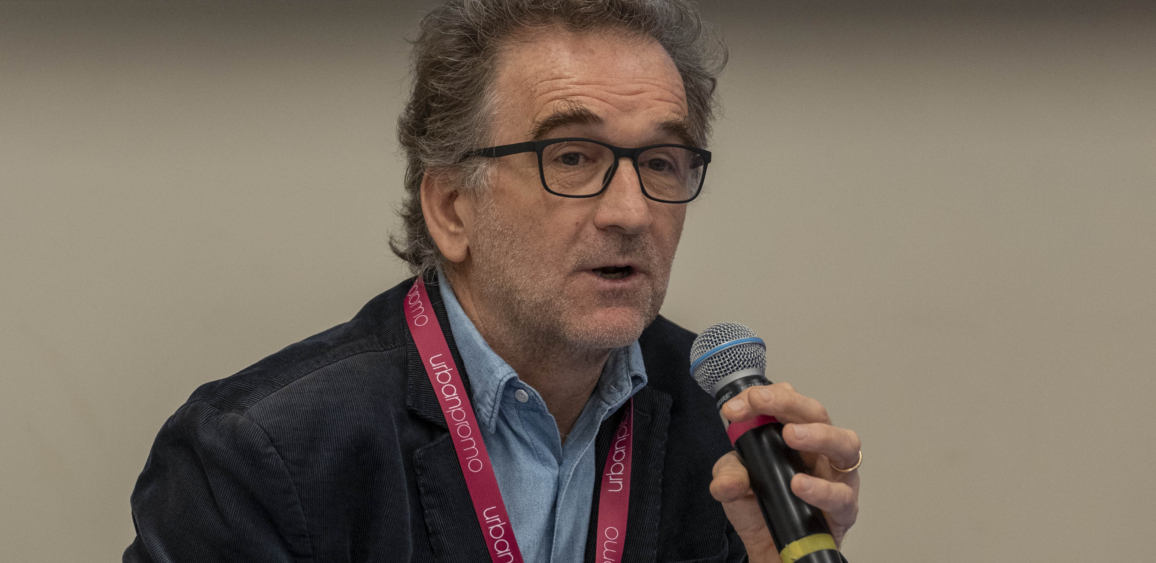
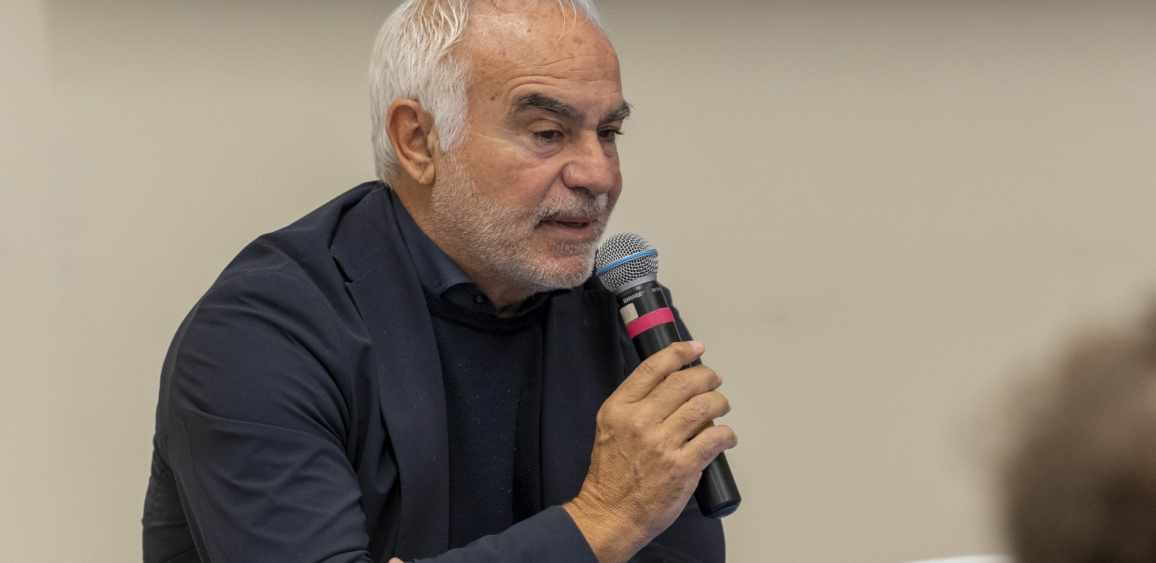
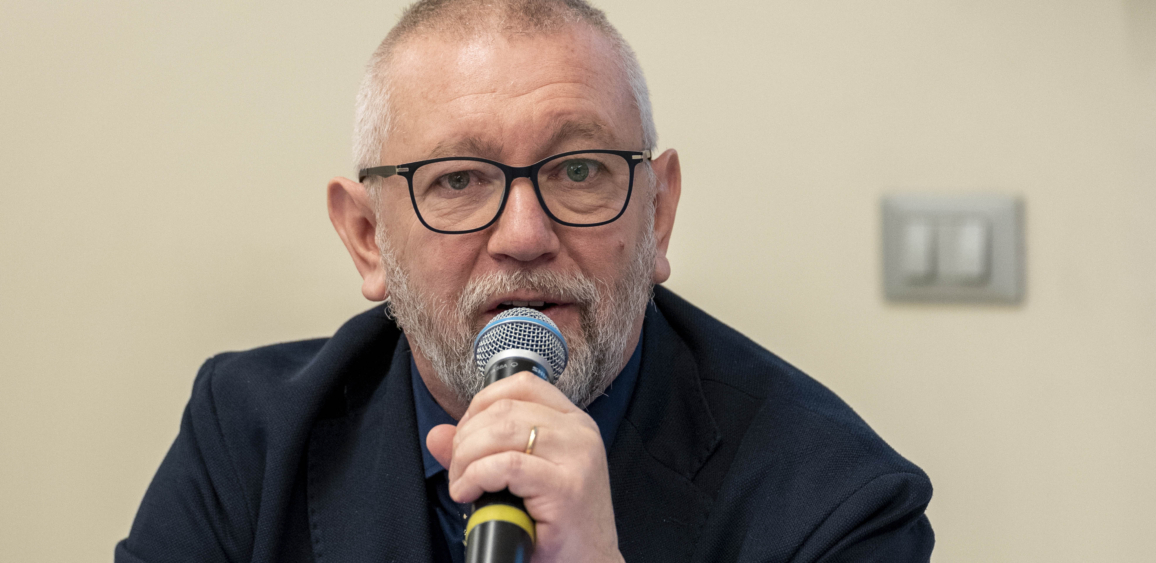
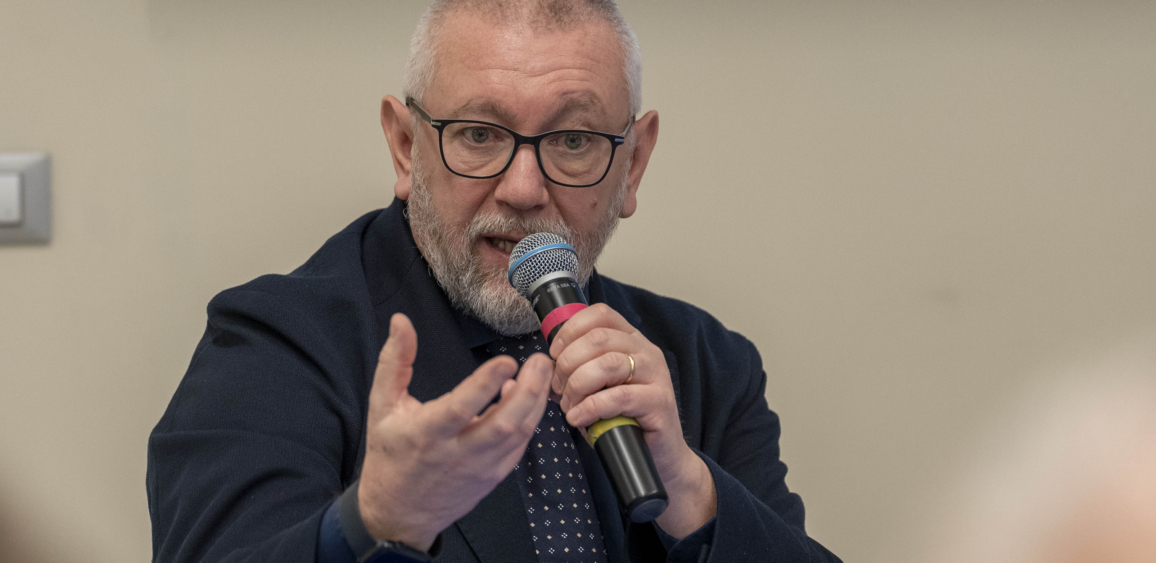
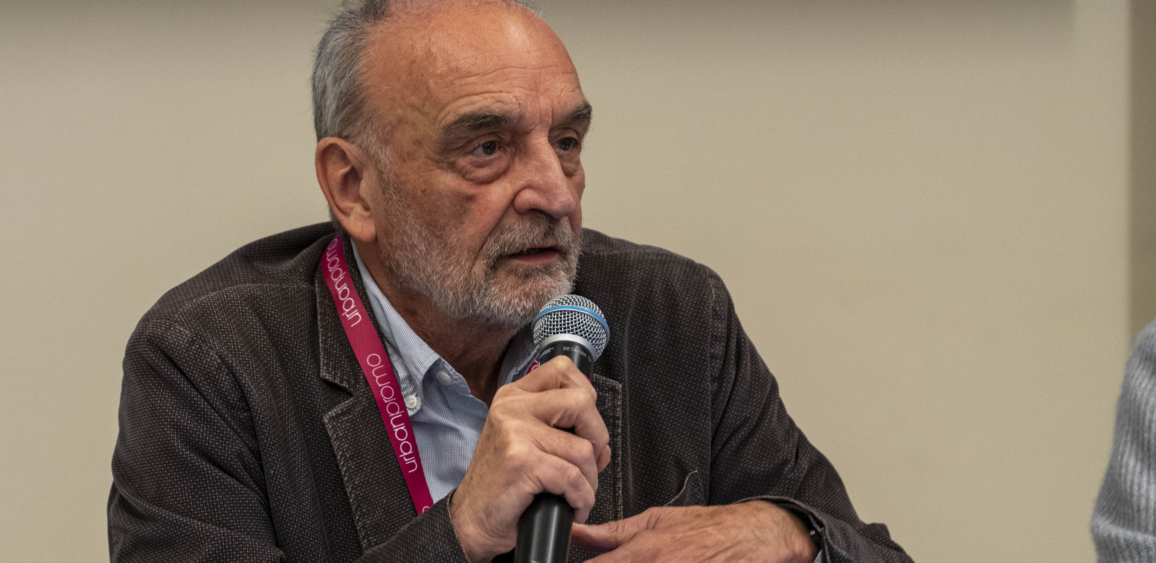
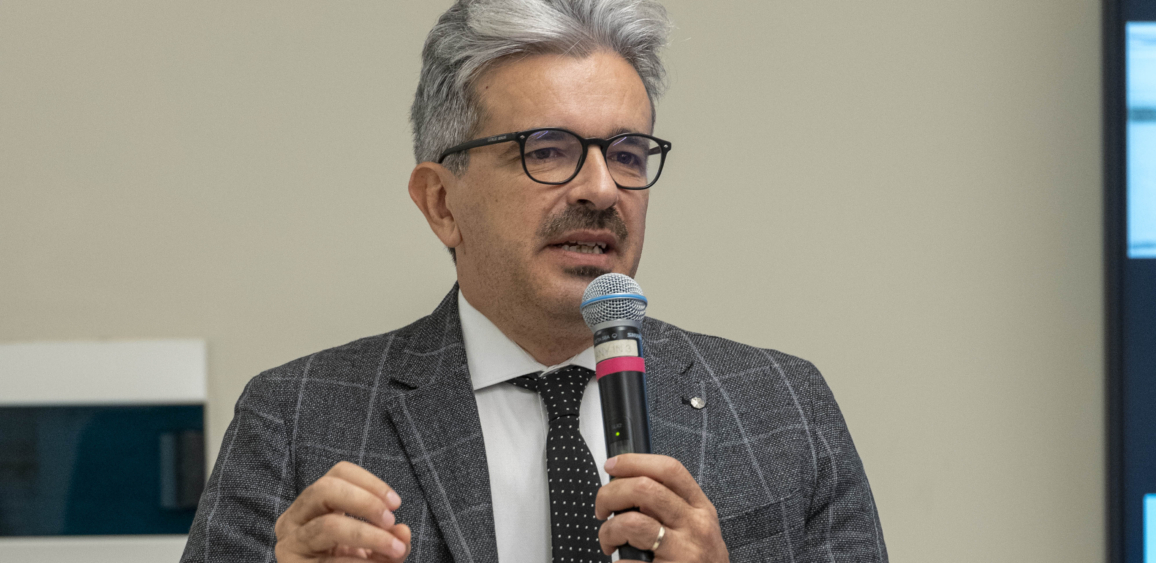
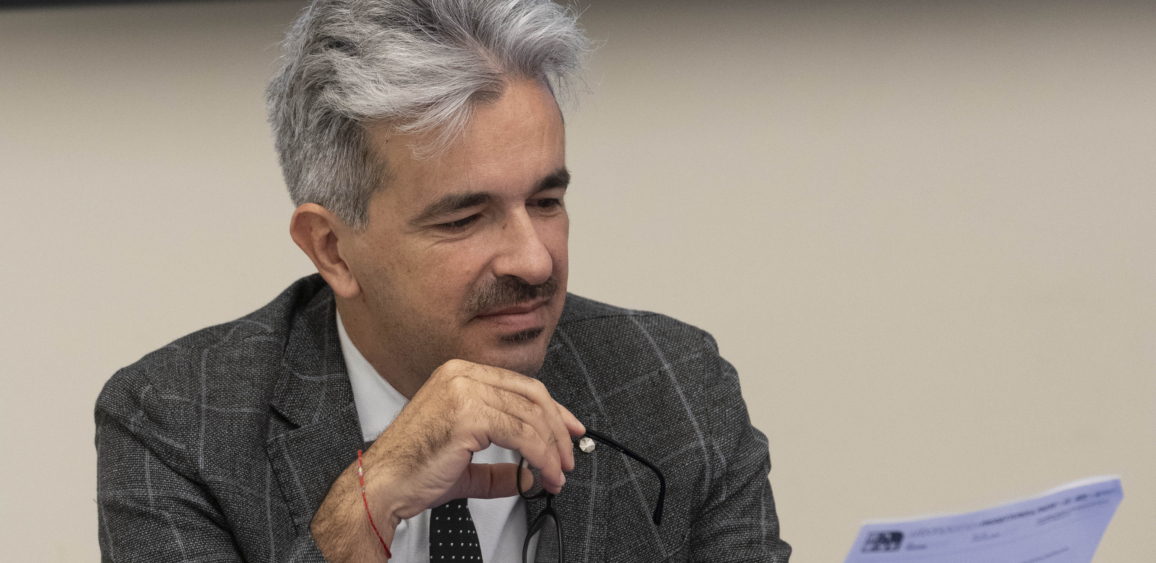
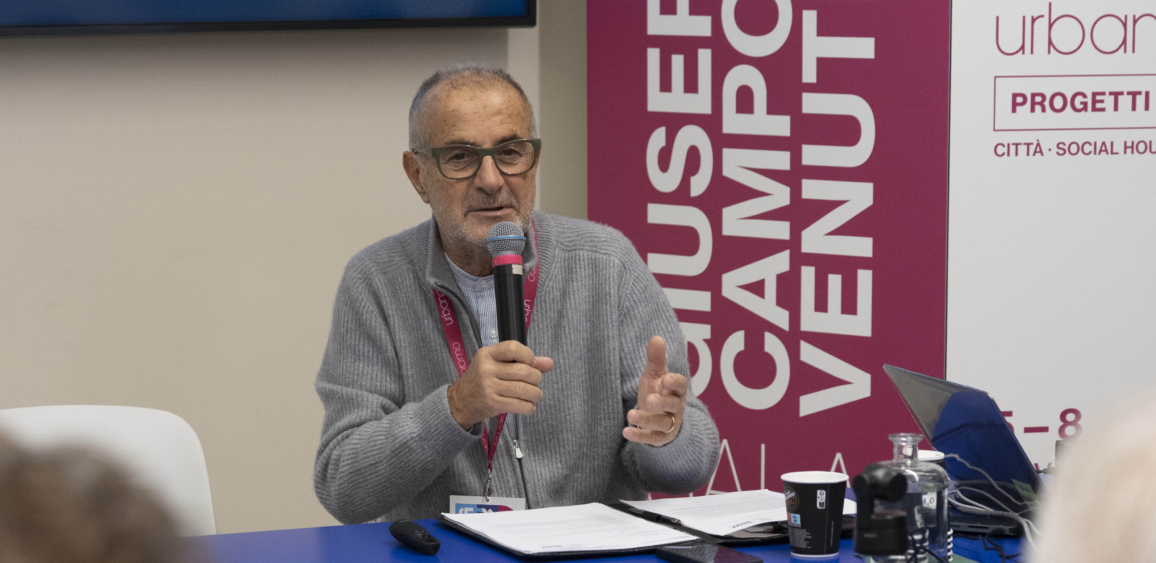
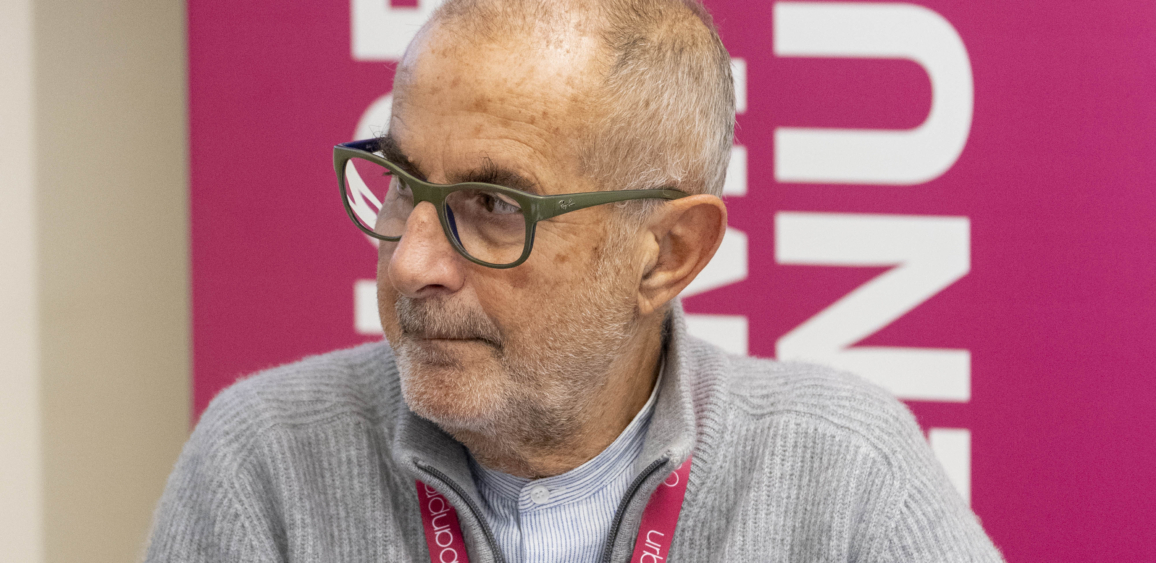
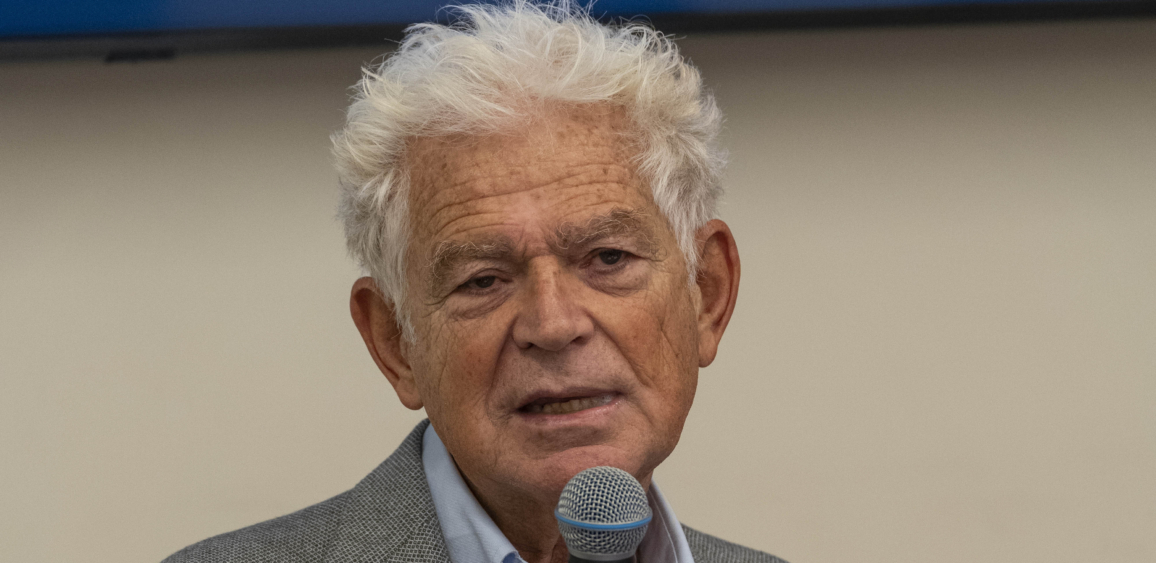
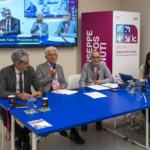

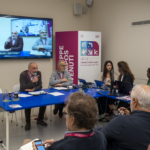
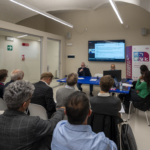
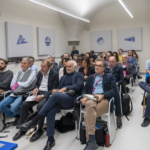
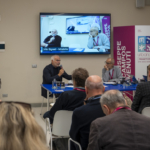

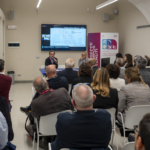
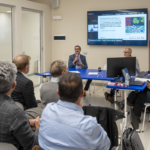
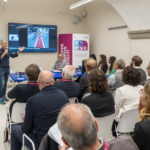
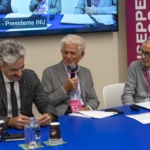
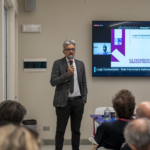
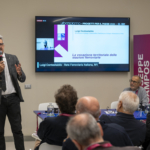
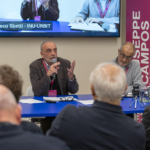
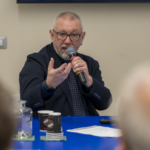
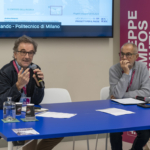
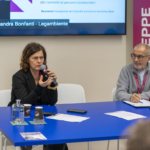
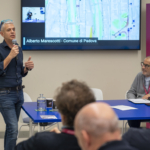
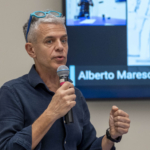
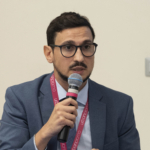
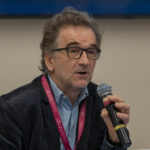
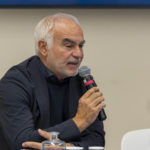
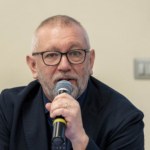
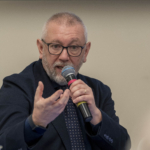
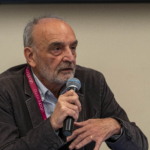
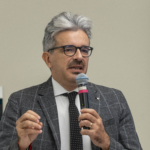
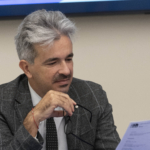
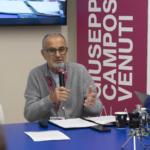

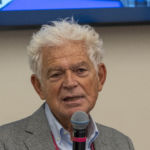
Contributions